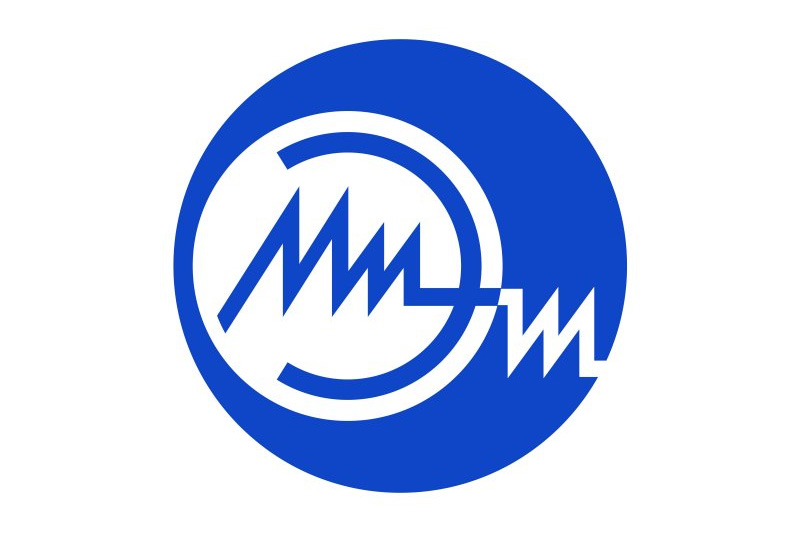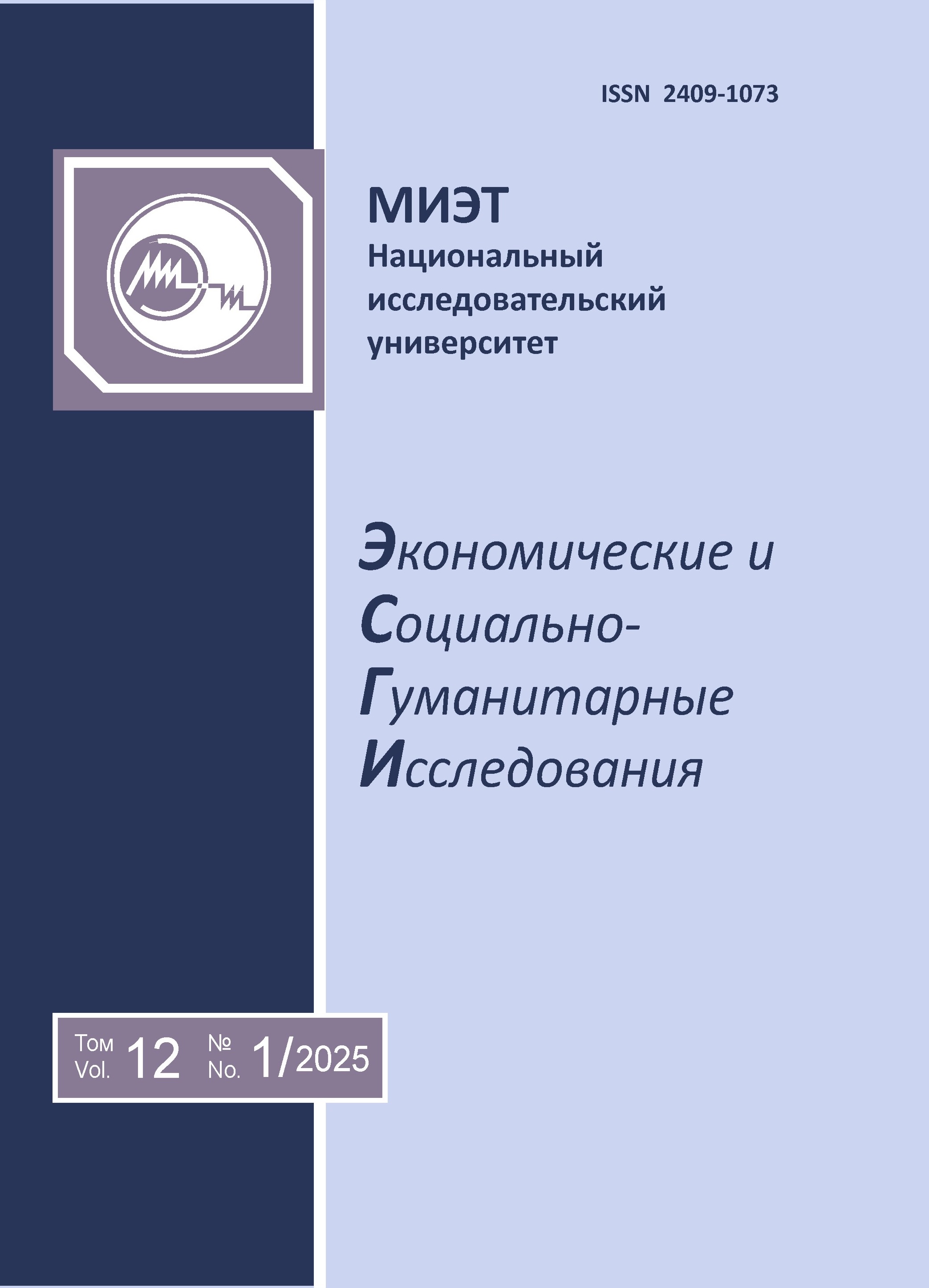graduate student
UDC 811.1/.8
UDC 004.58
In this work, the issues of optimal use of digital tools in language education practice are addressed. The author is guided by an anthropocentric paradigm in understanding what main educational needs innovative methods of foreign language teaching should correspond to, uses the axiological meanings of this paradigm in developing the component composition of the linguistic-educational environment. The approaches to modern scientific knowledge that influence the goals, content, methods, techniques and means of foreign language teaching in the digital environment were reviewed. It is argued that a foreign language teacher’s competence responding to conditions of instability and uncertainty should include readiness to design and develop digital learning environments. The model of training has been proposed with account for linguistic-methodological, information-linguistic-educational and psychological-social components.
digital environment, foreign language teaching methodology, linguodidactics, digital environment structure, scientific paradigm, foreign language teacher
1. Bim I. L. “Competence-Based Approach to Education and Foreign Languages Teaching”. Kompetentsii v obrazovanii: opyt proektirovaniya: collection of scholarly works. Ed. by A. V. Khutorskoy. Moscow: INEK, 2007. 156—163. (In Russian).
2. Bovtenko M. A. Structure and Content of Information and Communication Competence of Russian Language Teacher as a Foreign Language. Diss. Dr. Sci. (Ped.). Moscow, 2005. 482 p. (In Russian).
3. Bogomolov A. N. Virtual Environment of Teaching Russian as a Foreign Language: Linguoculturological Aspect. Moscow: MAKS Press, 2008. 319 p. (In Russian).
4. Derina N. V. “The Role of Glossaries in the Linguistic and Information Educational Environment”. Ab ovo… (S samogo nachala…): collection of scholarly works. Iss. 4. Magnitogorsk: Magnitogorsk State Technical U, 2019. 14—17. (In Russian).
5. Dunaeva L. A. Didactic Integrated Information Environment for Foreign Students of Humanities Majors Studying Russian as a Means of Scientific Communication. Diss. Dr. Sci. (Ped.). Moscow, 2006. 380 p. (In Russian).
6. Evdokimova M. G. Foreign Language Teaching System Based on Information and Communication Technology (Technical University, English Language). Diss. abstract. Dr. Sci. (Ped.). Moscow, 2007. 49 p. (In Russian).
7. Evdokimova M. G. “Innovative Vectors of Profession-Oriented Foreign Language Education System Development”. Vestnik Moskovskogo gosudarstvennogo lingvisticheskogo universiteta. Obrazovanie i pedagogicheskie nauki = Vestnik of Moscow State Linguistic University. Education and Teaching 14 (753) (2016): 22—33. (In Russian).
8. Lelchitsky I. D., Silchenko A. P., Shcherbakova S. Yu. “Theoretical Basis of Design Structure of the Digital Educational Environment”. Vestnik Tverskogo gosudarstvennogo universiteta ser. Pedagogika i psikhologiya 3 (52) (2020): 249—257. (In Russian). https://doi.org/10.26456/vtpsyped/2020.3.249
9. Nalivalkin A. Yu. “Analyzing the Concept of Information-Educational Environment”. Vestnik RMAT = Vestnik RIAT 1 (4) (2012): 101—103. (In Russian).
10. Sorokovykh G. V., Baranova I. E. “Influence of a Miscellaneous Educational Environment for the Formation of the Personality of a Student as a Leader-Professional”. Istoricheskaya i sotsial’no-obrazovatel’naya mysl’ = Historical and Socio-Educational Idea 9.2-1 (2017): 176—181. (In Russian). https://doi.org/10.17748/2075-9908-2017-9-2/1-176-181
11. Tareva E. G. “The Digital Age and the Pedagogical Professions”. Vestnik MGPU ser. Filosofskie nauki = MCU Journal of Philosophical Sciences 3 (27) (2018): 85—90. (In Russian).
12. Udalov S. R., Petrova N. V. “Model of ICT-Enriched Foreign Language Learning Environment Based on Social Constructivism”. Vestnik Sibirskogo instituta biznesa i informatsionnykh tekhnologii = Herald of Siberian Institute of Business and Information Technologies 2 (30) (2019): 30—35. (In Russian).
13. Yungina A. N. “Essential Characteristics of the Digital Linguistic Educational Environment”. Lingvistika, lingvodidaktika i perevodovedenie: nastoyashchee i budushchee (LLPNB-24): materialy I Mezhdunar. nauch.-prakt. konf. (Zelenograd, 19 aprelya 2024). Moscow: MIET, 2024. 324—329. (In Russian).
14. Karsenti T., Kozarenko O. M., Skakunova V. A. “Digital Technologies in Teaching and Learning Foreign Languages: Pedagogical Strategies and Teachers’ Professional Competence”. Education and Self-Development 15.3 (2020): 76—88. https://doi.org/10.26907/esd15.3.07









